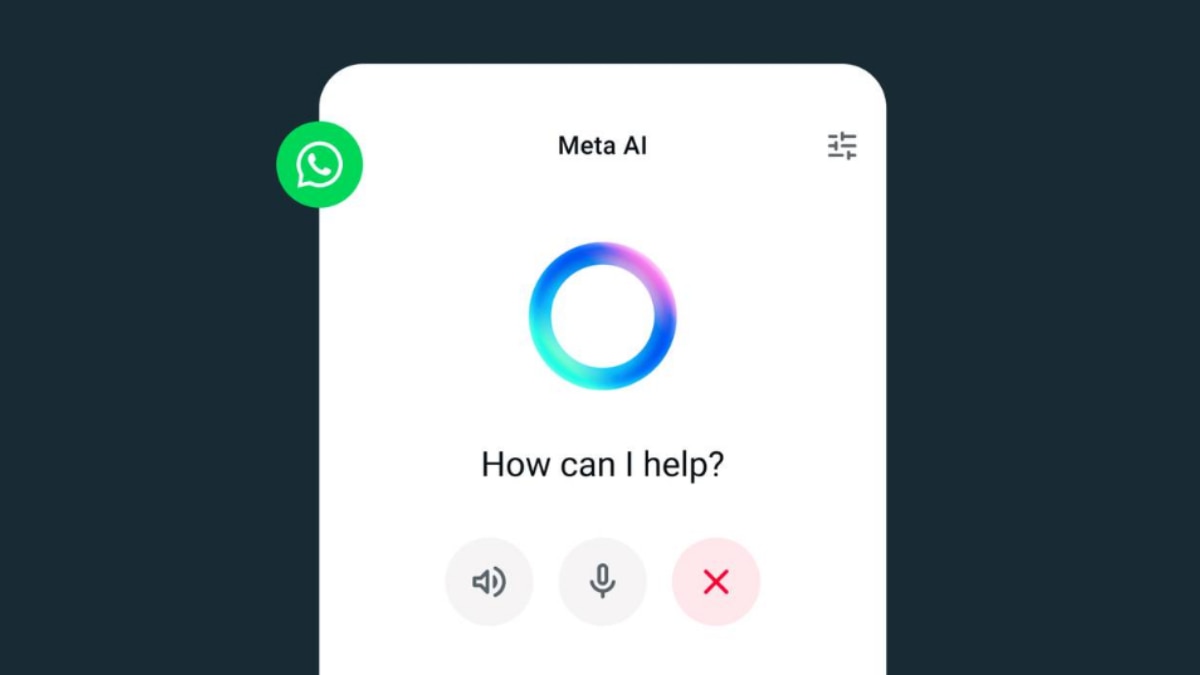Meta has unveiled its latest Llama-4 AI suite — a trio of powerful language models dubbed Scout , Maverick , and Behemoth . The announcement, made on Saturday by CEO Mark Zuckerberg, comes at a time when the global AI arms race is shifting gears, with tech giants vying to outpace one another in intelligence and efficiency. View this post on Instagram A post shared by Mark Zuckerberg (@zuck) Scout, Maverick, and Behemoth Take Centre Stage Meta claims its new Llama-4 models are designed to supercharge personalised, multimodal AI experiences.
These models aren’t just about text — they’ve been built to understand and reason through images and videos as well, opening up a wide range of applications. Among the trio, Scout stands out as the model Meta is hailing as the “best multimodal AI model” currently available globally. Maverick , positioned as the company’s flagship AI assistant, is designed to go head-to-head with the best from OpenAI and Google — and allegedly beats them at their own game.

According to Meta, Maverick outperforms GPT-4o and Gemini 2.0 across coding tasks, visual interpretation, and complex reasoning challenges. Behemoth , still in its preview phase, is described as the most powerful model in the lineup.
"One of the smartest LLMs in the world and our most powerful yet to serve as a teacher for our new models," the company said in its statement. Rivalry With DeepSeek, OpenAI Fuels Meta’s Push Meta’s aggressive push into the LLM space follows a shake-up in the AI hierarchy. Chinese startup DeepSeek recently made headlines after its R1 and V3 models overtook Meta’s earlier Llama-2 performance.
In response, Meta reportedly set up internal “war rooms” to analyze DeepSeek’s technological breakthroughs and fast-tracked the Llama-4 development process. The company stated that all three new models outperform competitors like Gemma 3, Flash Lite, Gemini 2.0, and Mistral 3.
1 in benchmark tests — an ambitious claim that signals Meta’s growing urgency to dominate the space. For developers and researchers, there’s good news: Scout and Maverick are already available for public use on Meta’s website, while Behemoth remains under preview as the company fine-tunes its capabilities. A $65-Billion Bet on AI Supremacy This launch isn't happening in isolation.
Zuckerberg has made it clear that AI is Meta’s next big frontier. The company has pledged nearly $65 billion for AI-related projects in 2025 alone, according to a recent Reuters report. That investment covers everything from massive new data centers — including a $10 billion facility in Louisiana — to cutting-edge chips and expanded AI talent hiring.
Zuckerberg’s ambition? To make Meta AI the world’s most used chatbot by the end of 2025. As part of that vision, Meta is embedding AI deeper into its social media platforms and expanding into futuristic hardware, including AI-powered smart glasses. In a January investor call, Zuckerberg said, “Meta's investment in AI infrastructure would reach hundreds of billions of dollars eventually,” underscoring how central the technology has become to the company’s long-term strategy.
As the competition escalates, Meta’s Llama-4 launch could be the spark that reshapes the open-source AI landscape — or at the very least, puts the pressure squarely back on its rivals..
Meta Cranks Up The Heat In AI Race With Launch Of Llama-4 AI Models: Scout, Maverick, & Behemoth

Meta has unveiled its latest Llama-4 AI suite — a trio of powerful language models dubbed Scout, Maverick, and Behemoth. The announcement, made on Saturday by CEO Mark Zuckerberg, comes at a time when the global AI arms race is shifting gears, with tech giants vying to outpace one another in intelligence and efficiency. View this post on Instagram A post shared by Mark Zuckerberg (@zuck)Scout, Maverick, and Behemoth Take Centre StageMeta claims its new Llama-4 models are designed to supercharge personalised, multimodal AI experiences. These models aren’t just about text — they’ve been built to understand and reason through images and videos as well, opening up a wide range of applications.Among the trio, Scout stands out as the model Meta is hailing as the “best multimodal AI model” currently available globally. Maverick, positioned as the company’s flagship AI assistant, is designed to go head-to-head with the best from OpenAI and Google — and allegedly beats them at their own game. According to Meta, Maverick outperforms GPT-4o and Gemini 2.0 across coding tasks, visual interpretation, and complex reasoning challenges.Behemoth, still in its preview phase, is described as the most powerful model in the lineup. "One of the smartest LLMs in the world and our most powerful yet to serve as a teacher for our new models," the company said in its statement.Rivalry With DeepSeek, OpenAI Fuels Meta’s PushMeta’s aggressive push into the LLM space follows a shake-up in the AI hierarchy. Chinese startup DeepSeek recently made headlines after its R1 and V3 models overtook Meta’s earlier Llama-2 performance. In response, Meta reportedly set up internal “war rooms” to analyze DeepSeek’s technological breakthroughs and fast-tracked the Llama-4 development process.The company stated that all three new models outperform competitors like Gemma 3, Flash Lite, Gemini 2.0, and Mistral 3.1 in benchmark tests — an ambitious claim that signals Meta’s growing urgency to dominate the space.For developers and researchers, there’s good news: Scout and Maverick are already available for public use on Meta’s website, while Behemoth remains under preview as the company fine-tunes its capabilities.A $65-Billion Bet on AI SupremacyThis launch isn't happening in isolation. Zuckerberg has made it clear that AI is Meta’s next big frontier. The company has pledged nearly $65 billion for AI-related projects in 2025 alone, according to a recent Reuters report. That investment covers everything from massive new data centers — including a $10 billion facility in Louisiana — to cutting-edge chips and expanded AI talent hiring.Zuckerberg’s ambition? To make Meta AI the world’s most used chatbot by the end of 2025. As part of that vision, Meta is embedding AI deeper into its social media platforms and expanding into futuristic hardware, including AI-powered smart glasses.In a January investor call, Zuckerberg said, “Meta's investment in AI infrastructure would reach hundreds of billions of dollars eventually,” underscoring how central the technology has become to the company’s long-term strategy.As the competition escalates, Meta’s Llama-4 launch could be the spark that reshapes the open-source AI landscape — or at the very least, puts the pressure squarely back on its rivals.















